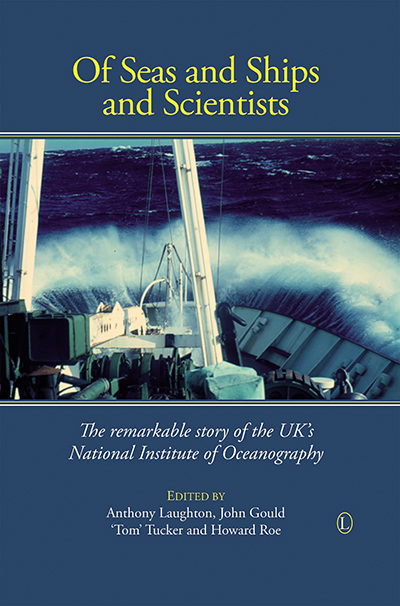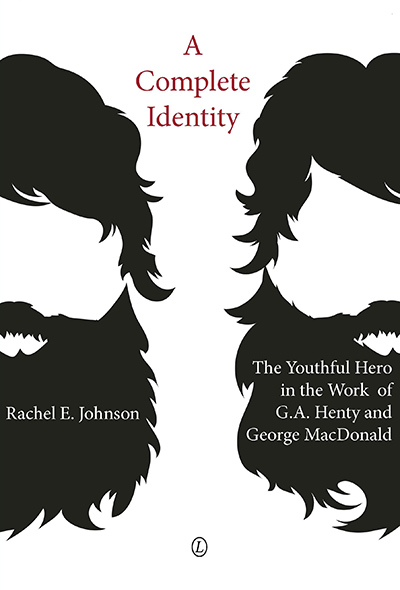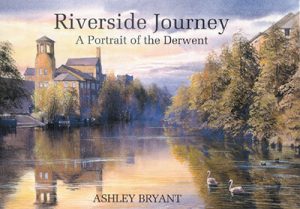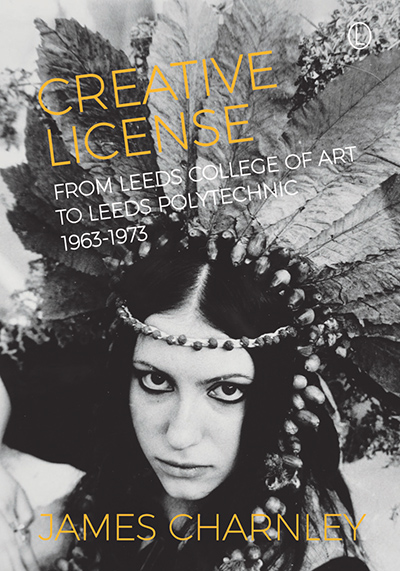Description
This is an exciting account of a formative phase of UK science. It begins with scientists working at Antarctic whaling stations prior to World War Two, exploring the biology of the vast icy Southern Ocean in Captain Scott’s Discovery. During the war, a small group of young scientists was brought together under the inspirational leadership of Dr (later Sir) George Deacon, to study how the movements of the waves affected amphibious landings. These groups were to form the core of the UK’s first National Institute of Oceanography when it was founded in 1949. NIO’s discoveries in the 1950s and 1960s underpin much of our modern-day marine science, including the complex connections between oceans and climate.
Written by NIO scientists who took part in this crucial period in the development of British marine science, Of Seas and Ships and Scientists is the facinating story behind the discoveries which changed our preconceptions of how the oceans ‘work’. Their accounts convey the atmosphere of working at sea in an age before portable computers and satellite navigation.
The book is a useful introduction for students of marine and environmental science to the history and development of their subjects. It will appeal to scientists and the general public, to those interested in science and innovation during and after WWII and of course to many living in Surrey who always wondered what went on in the leafy lanes that were home to NIO and its successors for almost 50 years.
About the Author
Sir Anthony Laughton joined the NIO in 1955, following a PhD in marine geophysics at Cambridge, and was Director of IOS (the successor of NIO) between 1978-88. He has obtained numerous awards and was awarded knighthood for services to oceanography in 1987.
Dr John Gould joined the NIO in 1967 and was head of Marine Physics and later directed two global climate projects. Amongst his recent publications is Ocean Circulation and Climate (2001)
Mr M.J. ‘Tom’ Tucker joined the Group W at the Admiralty Research Laboratory in 1944. He later moved to the NIO. Amongst his recent publications is Waves in Ocean Engineering (2001), co-authored with E.G. Pitt.
Prof Howard Roe joined the Whale Research Unit at the NIO in 1965, following a degree in Zoology at University College London. He was the Director of the Southampton Oceanography Centre from 1999 to his retirement in 2005.
Contents
Preface and acknowledgements
Introduction / Margaret Deacon
The Historical Context
1. Marine science in the UK before World War II / Margaret Deacon
2. Steps toward the founding of NIO / Margaret Deacon
3. The founding director, Sir George Deacon / Anthony Laughton and Margaret Deacon
4. Group W at the Admiralty Research Laboratory:
Personal reminiscences by some of its members / compiled by Michael Longuet-Higgins
Life in the Oceans
5. Ocean ecology / Peter Foxton and Martin Angel
6. Whales and whaling / Howard Roe
The Discovery of a Turbulent Ocean
7. Ocean currents – entering the modern age / Jim Crease
8. Exploring ocean variability / John Gould
9. Internal waves and all that / Steve Thorpe
10. Seawater – its physical and chemical properties / Fred Culkin
The Visible Surface of the Ocean
11. Wave research at Wormley / Michael Longuet-Higgins
12. Waves, surges and tides / David Cartwright
13. Applied wave research / ‘Tom’ Tucker
The Earth Beneath the Sea
14. Side-scan sonar – a tool for seafloor geology / Arthur Stride
15. The rocks below the deep ocean / Anthony Laughton
Support for the Scientific Vision
16. Engineering and applied physics / ‘Tom’ Tucker and Brian McCartney
17. Research ships / Anthony Laughton
18. The library – a key research tool / Pauline Simpson
19. The ‘backroom boys’ / Anthony Laughton
Beyond 1973
20. The legacy / Anthony Laughton and Howard Roe
Annex 1 Cruises of RRS Discovery II
Annex 2 Cruises of RRS Discovery
Annex 3 Acronyms and abbreviations
Annex 4 Author biographies
References
Index
Endorsements and Reviews
This is a fascinating book on the work done by the scientists and engineers of the UK National Institute of Oceanography (NIO). It is far from being a dry, academic history of an institution. Rather, it is a collection of chapters by a number of scientists that created the substantial international reputation enjoyed by the NIO, from its formation in the years after the Second World War, until the change of name in 1973. The editors have done an excellent job of collecting the contributions into coherent sections and ensuring that the book is easily accessible to the general reader … This is an attractive, well-produced book that will appeal to a wide readership.
Prof Gwyn Griffiths, in International Journal of the Society for Underwater Technology
As a contribution to the intellectual history of oceanography, the volume could be characterized as a chronicle of research, accomplishments and discoveries since the publication of the so-called ‘bible’, Harald Sverdrup, Martin Johnson and Richard Fleming’s 1942 text, The Oceans: Their Physics, Chemistry and General Biology. … The founding and work of NIO is set in the context of nineteenth- and twentieth-century international ocean science by historian of science Margaret Deacon (daughter of founder George Deacon), who lends her encyclopaedic knowledge of the history of oceanography to the volume. … Readers who will appreciate this volume include: oceanographers and those interested in oceanography; scholars of history of oceanography and history of science; and maritime historians, historians of technology and anyone interested in the history of work at sea, including the contributions of science and engineering to industries such as undersea oil and gas drilling. Graduate students or scholars seeking new research ideas in the history of science will here find gems that suggest profitable research avenues, a few which are suggested below.
Yrjoe Kaukiainen, University of Helsinki, in International Journal of Maritime History, Vol 23, No 2
… a good read.
Tony Rice, in The International Journal of Nautical Archaeology, Vol 43, No 1






